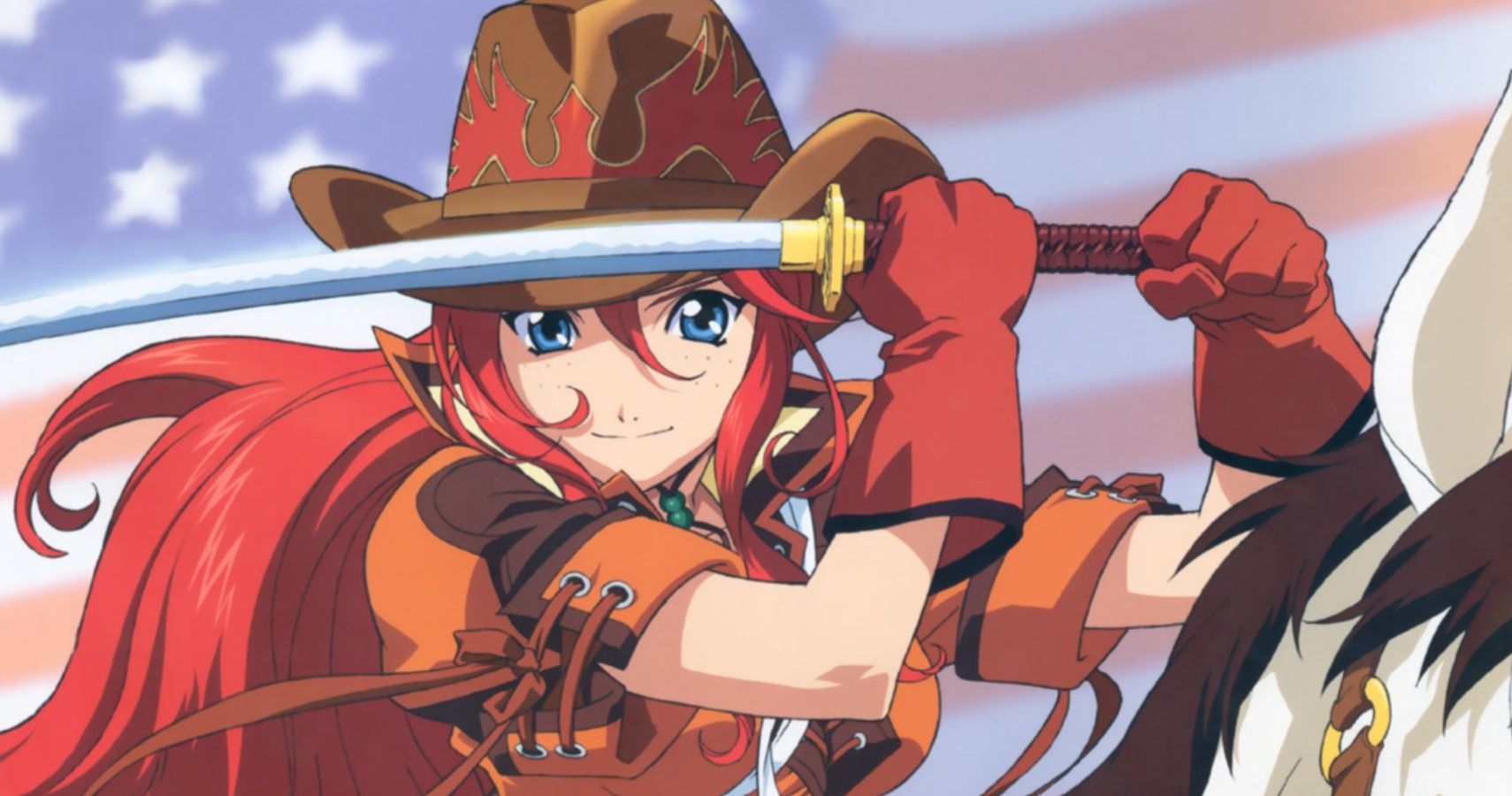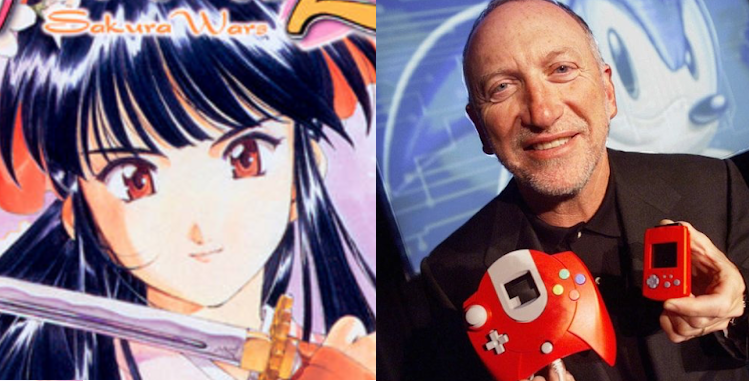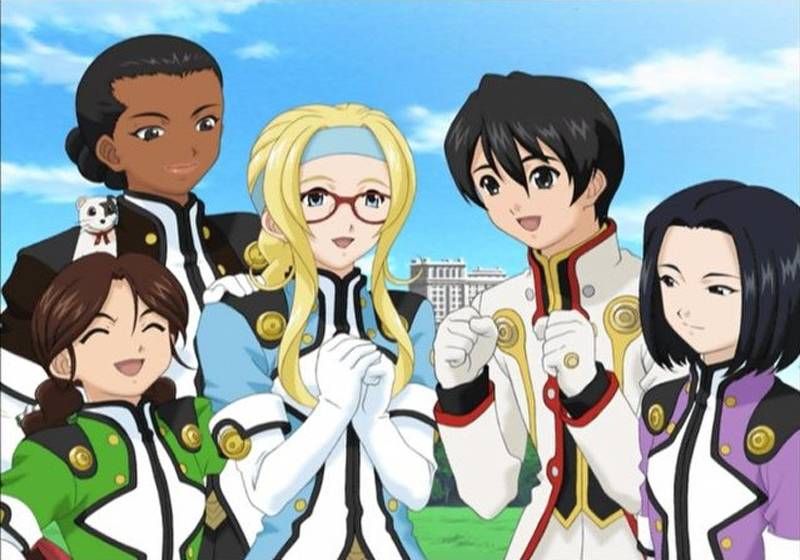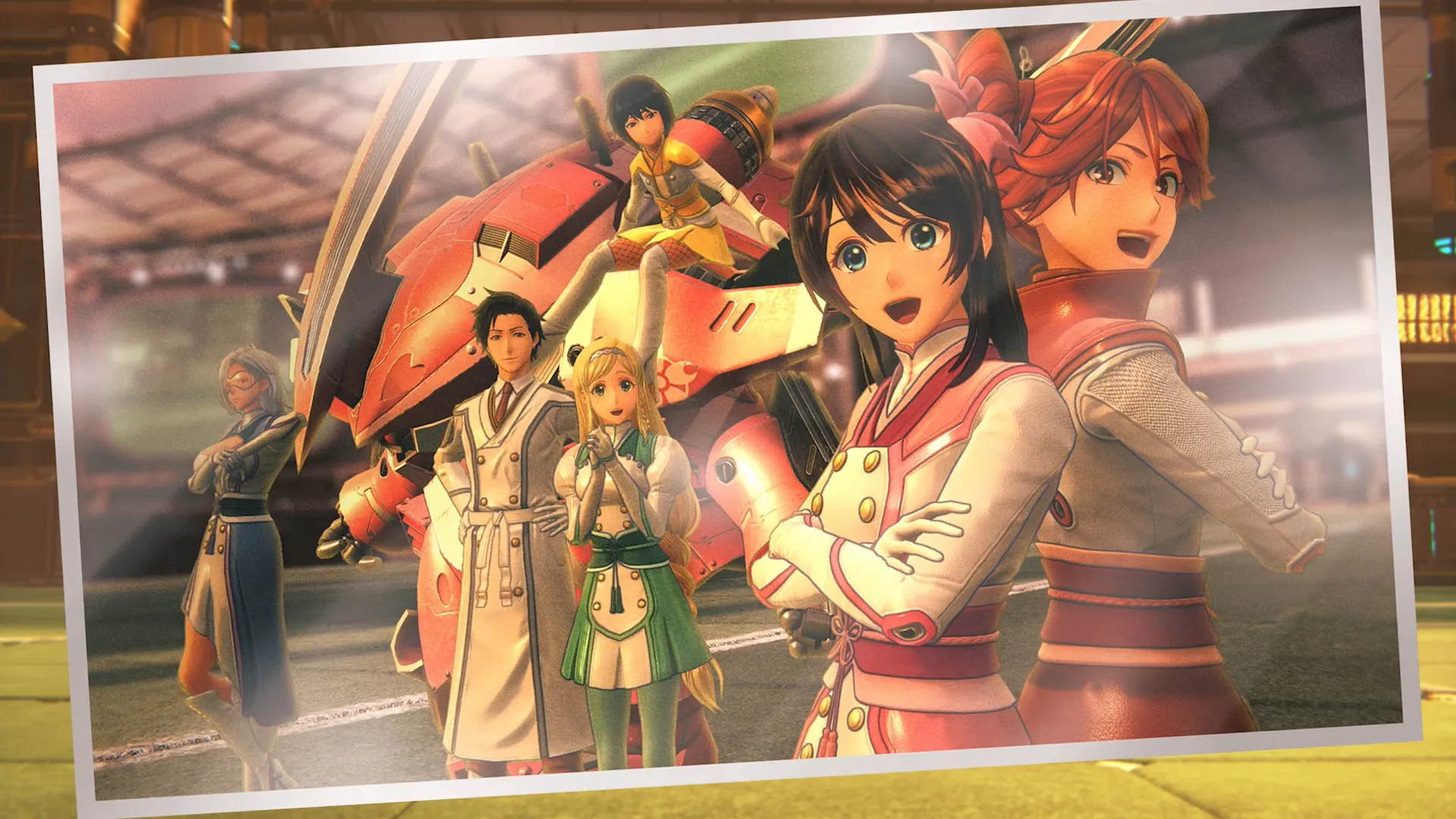In the early 2010s, I finished Sakura Wars: So Long, My Love and was quite blown away by it. I'd been aware of the series for years at that point - one didn't read Newtype USA and Anime Insider every month and not hear about the popular JRPG franchise, after all. But this was my first time actually sitting down with one of them, and as the credits rolled, I was eager to dig into more of them. After all, there was anime and manga based on these things - they couldn't be that hard to find.
As it turned out, they were, and way more so than I'd anticipated. Despite being a blockbuster classic over in Japan, the Sakura Wars franchise had actually never been exported to the West prior to the fifth entry. Sure, TokyoPop released the manga, and ADV snagged the anime, but that was about it. When it came to actually playing the original titles, Western fans were SOL.
Things were even more dire when it came to fan translations. Back then, not a single one of the games had been translated by the community, and most attempts had either stalled out or been abandoned entirely. This was on top of the hurdle of actually playing the damn things, as players would have to either play a Saturn or Dreamcast copy in Japanese, deal with the finicky emulation of that hardware, or try to work with the old PC versions on modern consoles. None of these options were particularly appealing, nor exactly feasible at the time.
Ten years later, only one of the first four Sakura Wars entries has received a fan translation, and it took a major reboot for Sega to localize another title. Why? What's stood in the way of this series getting the treatment it deserves in America, and is there any hope of it ever happening?
A Five-Star Failure
Former Sega COO Bernie Stolar is a divisive figure in the Sega fanbase, and for good reason. From a certain point of view, he was instrumental in the failure of the Saturn and Dreamcast. That might sound like hyperbole, as there were other factors which led to those systems' failures, but many of the decisions Stolar instituted at Sega did have a tangible impact on their sales.
One of those decisions was a reduced focus on JRPGs, a holdover from Stolar's early days at PlayStation. A 1996 LunarNet interview with Working Designs' Victor Ireland paints Stolar as a man resistant to both RPGs and 2D games in general:
Bernie said RPGs are not a significant portion of the market, we do not want to support them in the US [...] The only reason he changed that tune is because he's seen Final Fantasy 7 sales, and he's seen that if you put money behind it(an RPG), and it's a good to great RPG it'll sell, and it always would have. [...] He's a follower, he's a business man who crunches numbers, and has no clue about what makes games great.
To summarize, Stolar's approach at both Sony and Sega has been characterized as a "no-RPG" one. JRPG publishers, like Working Designs, jumped ship to Sony after Stolar came over to Sega. It makes sense, from a business standpoint. By 1997, when Stolar changed sides in the console wars, the PlayStation was a roaring success, and without him there to impede on them, JRPGs would go on to find a new home on the platform.
Meanwhile, Stolar wasted no time in restructuring the way Saturn would work in North America. He instituted a "five-star games" policy, which was taken to mean only the biggest marquee releases would come to the platform, and perceived "lesser" experiences would get the shaft. Despite easing up on RPGs in general, this policy still meant 2D games and anything that wasn't a technical powerhouse wouldn't get the time of day in the US market. This plan backfired tremendously, as the Saturn actually outsold the more advanced Nintendo 64 in Japan, arguably on the merits of its JRPGs and 2D arcade ports.
By contrast, the Saturn infamously floundered in America, which prompted Stolar to make one of his most infamous comments to EGM in 1997:
Saturn is not our future. As a company, we believe we will take the leadership role on the hardware side [...] I can tell you emphatically that there will be another platform!
It's easy to see, from this perspective, why a massive homegrown success like Sakura Wars would get overlooked. The original game was everything that baffled mainstream Western gamers at the time - lots of text, a focus on dating mechanics, and tactical turn-based combat, all wrapped up in a strictly 2D aesthetic. At the time, franchises like Persona hadn't popularized these things in the West to the extent they are now, and as such, Sakura Wars seemed like a bit of gamble.
Because of this, the game went untranslated even as it enjoyed massive Japanese success, spawning everything from manga to anime to stage shows to themed restaurants. As Sega struggled to regain footing in the West, this Saturn smash gave rise to a flagship franchise in Japan, and was one of the powerhouses that helped them through a particularly rough patch.
A Swing And A Miss
Over ten years passed. Sakura Wars continued its growth into a successful franchise, as its sequels racked up and regional popularity ballooned. Meanwhile, Sega of America continued to ignore those successes, in favor of putting out more marketable games generally skewed towards a younger audience - along with the occasional Nightshade or Yakuza.
This wasn't for a lack of trying, though. According to a 2010 RPGamer interview with NIS America's Nao Zook, releasing Sakura Wars in the West was a longtime goal for the developers.
Well, releasing Sakura Wars in the US was the dream of Red (developer of Sakura Wars), and they haven't given up on their dream even 4 years after the release [of Sakura Wars 5] in Japan!
At one point, there were tentative plans to bring PSP ports of the first two games to the West. However, according to former NIS America president Haru Akenaga, those plans fell through thanks to Sony not understanding what the series exactly was.
Another publisher tried to get approval from Sony for Sakura Wars 1+2 for PSP, but it was rejected. Once a title is rejected by SCEA there is almost no chance to release the title [...] Sony said this is not a game. They said it’s a text novel. They judged it as that, so it’s really difficult to get the license again. It’s also tough to localize Sakura Wars because of the huge amount of text.
With that being the case, then, it may come as a shock that NIS America did finally manage to license and localize the fifth entry... five years after it came out. A collaboration between NIS, Sega, Red, and Idea Factory, the game released in 2010 for the Wii and PS2. Although there are references and allusions to the previous game, So Long, My Love was basically a standalone title that could be enjoyed as a new thing.
Unfortunately, that didn't win over Western audiences. Both releases were commercial failures in America, with Akenaga stating that they fell well below expectations for the company. This didn't help matters for the series in general, which had faded in popularity since 2005, with So Long, My Love being the worst-selling entry by a large margin. In fact, Sega had actually officially cancelled the series in 2008.
As regional popularity in Japan fell, and with such a massive loss under their belt, it made sense why Sega abandoned all chances of bringing the series westward. It was only in 2016, after years and years of declined pitches from the franchise's scenario director, that Sega finally greenlit another entry in the series.
A Brighter Future?
Now, JRPGs are bigger than ever in the West. The idea of a role-playing/dating sim hybrid is old hat, and even strict visual novels have grown in popularity. This was why Sakura Wars, a soft reboot released this past April, wound up releasing in America and finding a decent audience. It's a savvy game that taps into popular trends, while leaning back onto the franchise's strengths to not just feel like an also-ran. I wasn't the biggest fan of it, as I wrote in my review, but I'm still glad that it came out and found an audience.
However, the games where it all began have still gone mostly unplayed in the West. Despite repeated teases on questionnaires, Sega hasn't shown much commitment in making those older games easier to play. It's a shame, as they're some of the best JRPGs of their era, and titles that would almost certainly find an audience among contemporary JRPG fans. The industry's changed a lot since 2010, too, and it's not too optimistic to say that more than a few people want these games.
Not only that, but from a preservation standpoint, it's vital that Sakura Wars is re-released for a new generation. As the tech those original titles were released on gets older and older, these genre landmarks get harder and harder to play. This was a series that widely popularized elements other games would emulate and find great success with, and from a historical perspective, it only makes sense to ensure they're playable for younger audiences who might want to take a look.
Localizing and releasing the original Sakura Wars games would give Sega of America a chance to right past mistakes, and an opportunity to reintroduce this series to a whole new generation. And as an upcoming mobile spin-off of the franchise promises to pick up steam, there's never been a better time to do it.
For more info on Sakura Wars, please follow Anime Herald EiC Samantha Ferreira's Combat Revue - the most active Sakura Wars fan club online. You can also follow Kiss Me Sweet: The Sakura Wars Localization Project, a group founded in 2012 by myself and a group of other fans.




